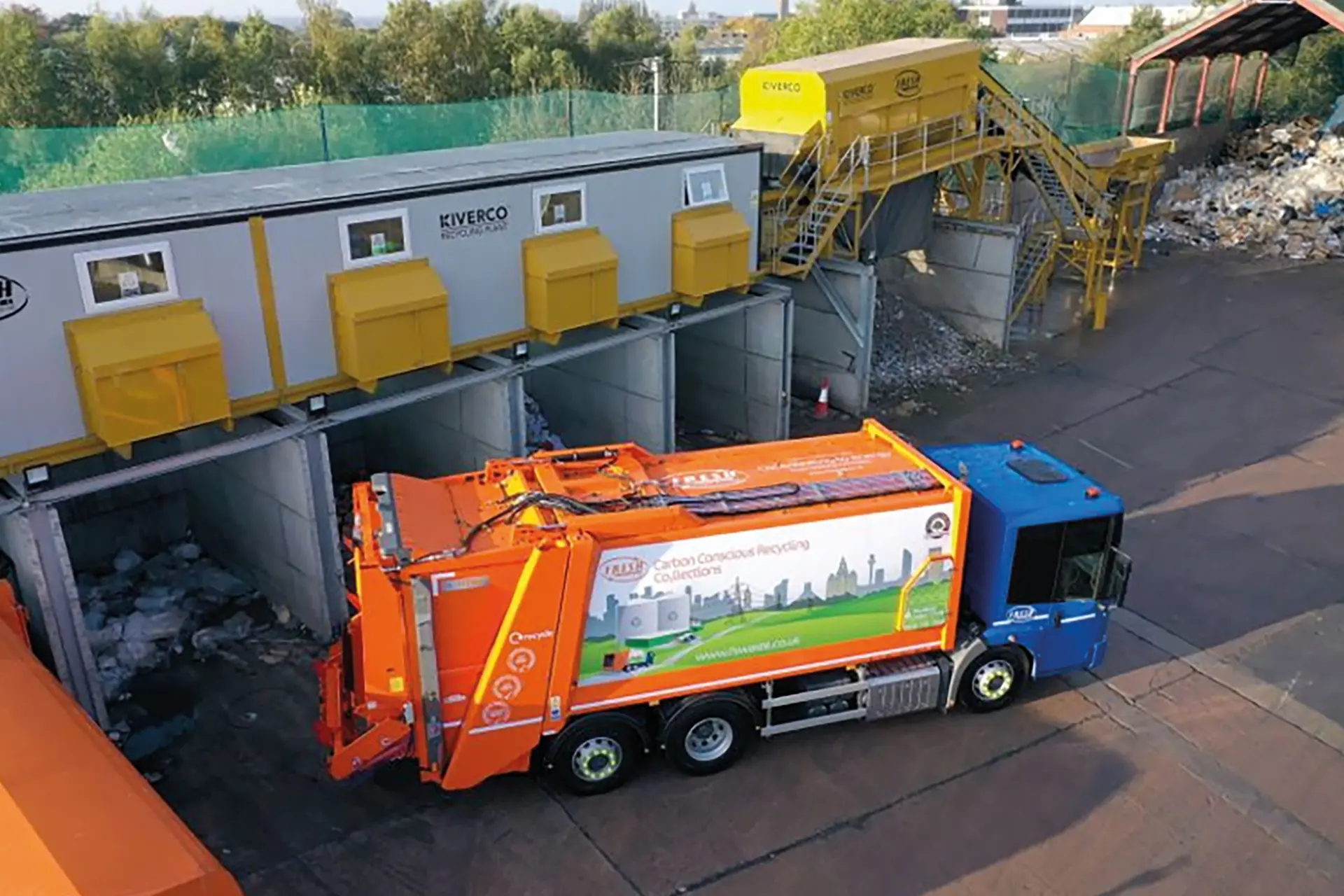The danger of e-cigarettes in waste bins primarily stems from the potential risk of fire and environmental pollution. Here are a few key points to consider:
Fire hazard: Discarded e-cigarettes can still contain heat, which can ignite flammable materials present in waste bins. This poses a significant fire hazard, especially in areas with combustible waste materials or where waste bins are located near buildings, vehicles or other fire-prone areas.
Spread of fires: If a fire starts in a waste bin due to a discarded e-cigarette, it can quickly spread to other nearby bins, buildings or vegetation, increasing the risk of property damage, injuries, and even loss of life.
Environmental pollution: E-cigarettes contain numerous toxic chemicals, including nicotine, heavy metals, and carcinogens. When e-cigarettes are disposed of in waste bins, these harmful substances can leak into the environment. Rainwater can carry these pollutants from the waste bins to nearby water bodies, posing a threat to aquatic ecosystems and potentially contaminating drinking water sources.
Litter and visual pollution: Discarded e-cigarettes in waste bins contribute to litter and visual pollution. This can negatively impact the aesthetics of public spaces, such as parks, pavements and streets, and create a perception of neglect or lack of cleanliness.
To mitigate these risks, it is essential to promote responsible disposal practices for e-cigarette waste. Smokers should be encouraged to use designated smoking areas with proper receptacles for e-cigarette disposal, which Fresh Start can help to supply if required.
Additionally, education campaigns can raise awareness about the environmental and fire hazards associated with improper e-cigarette disposal and encourage smokers to use designated recepticles to safely dispose of their cigarettes.












